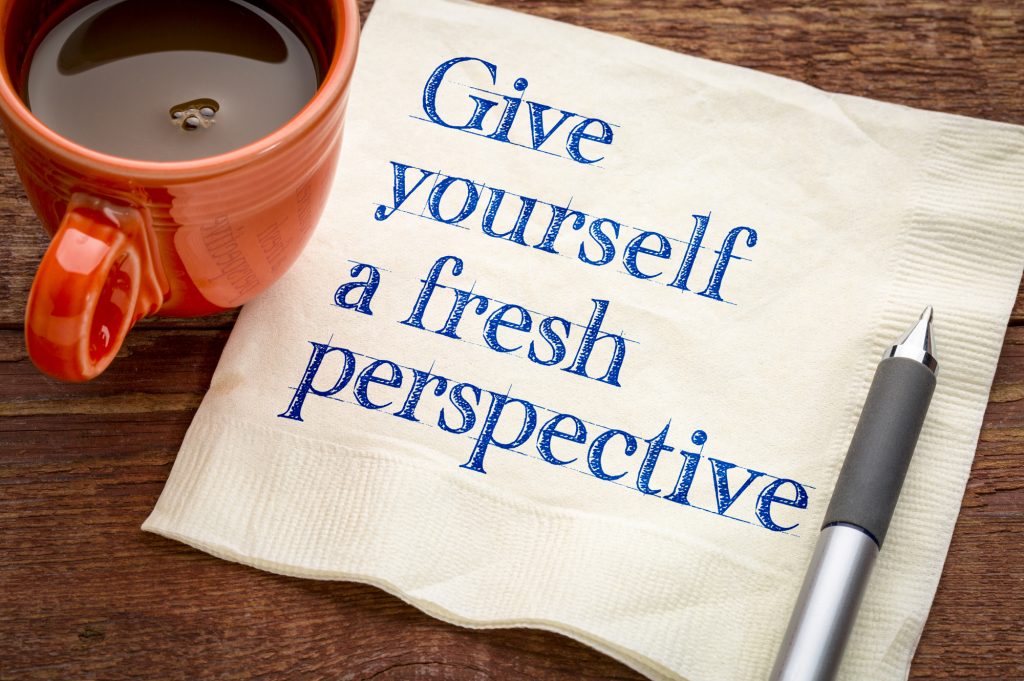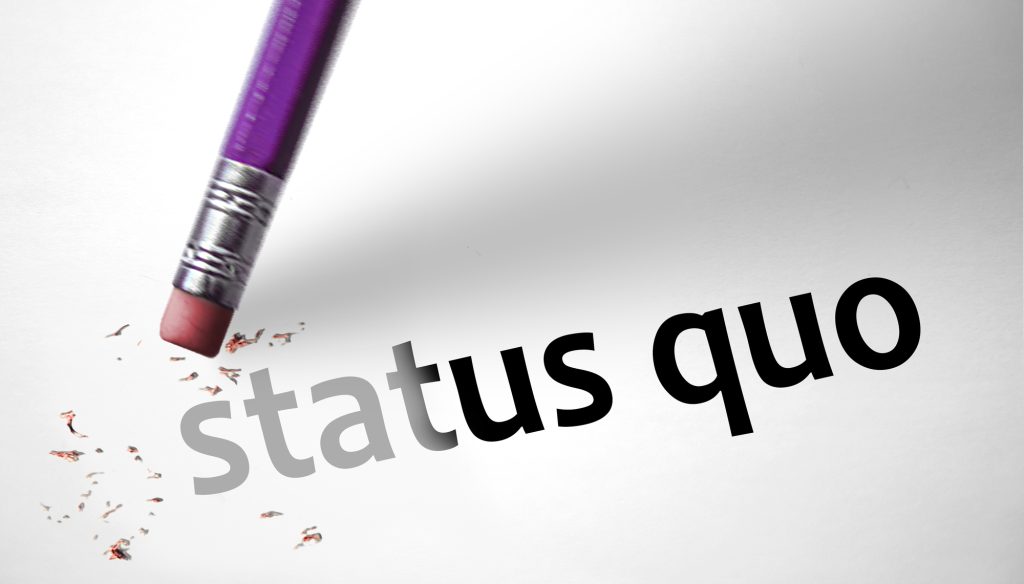In today’s ever-changing work world, navigating the challenges requires a robust foundation – one built on career resilience. Through my journey in career and executive coaching, it’s become clear to me that career resilience is a cornerstone of success. Similarly, personal resilience serves as a guiding force through life’s ups and downs.
My approach to coaching is grounded in the conviction that success is not merely about immediate achievements but about fortifying yourself against future setbacks. In essence, it’s about putting certain fundamentals in place so that we can weather the storms and seize opportunities that come with the winds of change. This way, we won’t need to over-rely on our personal resilience. One crucial aspect of this mindset is the willingness to seek and ask for help.
Asking for Help: A Crucial Skill for Success
Developing career resilience is often misconceived as a solitary journey, but its true essence lies in recognizing the strength that comes from being strategic by collaborating and seeking support. This understanding is pivotal to success in both personal and professional realms.
 When faced with challenges, reaching out for help or seeking partnerships is not a sign of weakness but a strategic move that can transform obstacles into opportunities for growth. This skill of asking for assistance allows individuals to pool diverse strengths and perspectives, leading to more innovative and effective solutions. By embracing collaboration, people can leverage the collective wisdom and experiences of others, supplementing their own resilience and problem-solving capacity.
When faced with challenges, reaching out for help or seeking partnerships is not a sign of weakness but a strategic move that can transform obstacles into opportunities for growth. This skill of asking for assistance allows individuals to pool diverse strengths and perspectives, leading to more innovative and effective solutions. By embracing collaboration, people can leverage the collective wisdom and experiences of others, supplementing their own resilience and problem-solving capacity.
In professional settings, especially, the ability to seek help or input can be a game-changer. It can mean the difference between struggling alone with a complex problem or quickly overcoming it through collaborative efforts. In the workplace, fostering a culture in which asking for help or collaboration is encouraged can lead to increased efficiency, creativity, and a more supportive work environment. This culture not only nurtures individual career resilience but also strengthens the entire organization (i.e., organizational resilience is increased).
Likewise, when it comes to your personal career development, the ability to seek help from peers, superiors, mentors, coaches, and sponsors is also a critical skill that can lead to a more robust and thriving professional life. Recognizing that everyone encounters challenges, my coaching philosophy emphasizes the importance of seeking assistance or resources whenever it’s needed.
Because seeking help IS NOT a sign of weakness but a demonstration of wisdom and self-awareness.
Through honing this skill, you can create a network of support that acts as a buffer during challenging times.
Different Perspectives and Multiple Viewpoints
Bringing in someone to view your career challenges with a fresh perspective can be incredibly transformative and can be a catalyst for uncovering unconventional solutions and challenging ingrained assumptions or self-limiting beliefs.
 Often, we are limited by our ingrained assumptions and habitual thinking patterns. An external perspective can help challenge and push back against these real or perceived barriers, encouraging us to think outside the box. This fresh viewpoint can reveal unconventional solutions that we might have overlooked due to our biases or limited scope of thinking.
Often, we are limited by our ingrained assumptions and habitual thinking patterns. An external perspective can help challenge and push back against these real or perceived barriers, encouraging us to think outside the box. This fresh viewpoint can reveal unconventional solutions that we might have overlooked due to our biases or limited scope of thinking.
Someone viewing your situation anew can bring diverse experiences and ideas that you may not have considered. As I’ve written about before, there is an undeniable link between diversity and heightened organizational effectiveness. Given the profound challenges facing most organizations (e.g., the ongoing impact of remote and hybrid work, the consequences associated with a lack of diversity, equity, or meaningful inclusion, artificial intelligence, etc.), it’s clear that seeking a viewpoint from different backgrounds and perspectives is no longer optional; it’s a necessity. People with different backgrounds and experiences can provide insights based on what they’ve seen work (or not work) in other contexts, which can be invaluable in addressing your specific challenges.
Objective Analysis and Challenging the Status Quo
 When dealing with career-related challenges, it’s hard not to become emotionally invested, which can cloud our judgment. An outsider brings objectivity, helping to analyze the situation more rationally and without the influence of personal emotions or attachments. This can lead to more practical, objective, and effective decision-making.
When dealing with career-related challenges, it’s hard not to become emotionally invested, which can cloud our judgment. An outsider brings objectivity, helping to analyze the situation more rationally and without the influence of personal emotions or attachments. This can lead to more practical, objective, and effective decision-making.
A new set of eyes is less likely to accept the status quo and more likely to question why things are done a certain way. This can lead to significant improvements in processes, strategies, and career trajectories that might have remained stagnant otherwise.
Creativity and Innovation Through Resourcefulness
A fresh perspective that challenges the status quo can also stimulate creativity. It can inspire innovative thinking and new ideas, leading to creative solutions for career advancement and problem-solving. It’s about leveraging a different viewpoint to unlock new possibilities, challenge existing norms, and pave the way for innovative solutions that can significantly enhance career resilience and growth.
Utilizing available resources creatively is a hallmark of successful teams. Creativity thrives under constraints, as psychologists attest. Limited resources prompt a shift in perspective, broadening perception and stimulating innovative thinking. Regular constraints enhance the ability to connect unrelated ideas and utilize existing resources in novel ways. In an environment where collaboration thrives, individuals pool their resources and ideas, leading to innovative solutions that drive progress.
Career Advancement Through Support
 In essence, my coaching methodology revolves around equipping individuals with the tools to not only navigate the intricacies of their careers but to thrive amid challenges. Resilience, coupled with the ability to seek help, fosters a spirit of collaboration that can propel you toward sustained success.
In essence, my coaching methodology revolves around equipping individuals with the tools to not only navigate the intricacies of their careers but to thrive amid challenges. Resilience, coupled with the ability to seek help, fosters a spirit of collaboration that can propel you toward sustained success.
In the grand tapestry of professional growth, it’s not just about the individual threads of achievement but the collective strength that emerges when those threads are woven together. Embracing career resilience by seeking help when needed and fostering collaboration creates a fabric that withstands the tests of time — a fabric woven with the threads of success and fortified against the unpredictable winds of change.
Did this article spark any career-related questions, plans or concerns?
Reach out today for a free and confidential initial consultation by phone, email, or via direct message on X/Twitter, Facebook or LinkedIn.
P.S. If you haven’t yet done so, stay in the loop by subscribing to my bi-monthly newsletter. Click here. I promise not to spam, and your email address will always stay private.
If you enjoyed this topic or are interested in ongoing professional and leadership development, you’ll also enjoy reading or listening to How to Be Resilient in Your Career: Facing up to Barriers at Work, my book published in February 2023 by Routledge. It’s available in print, as an eBook, and on Audible.
More than career coaching, it’s career psychology®.
I/O Advisory Services Inc. – Building Resilient Careers and Organizations TM.



